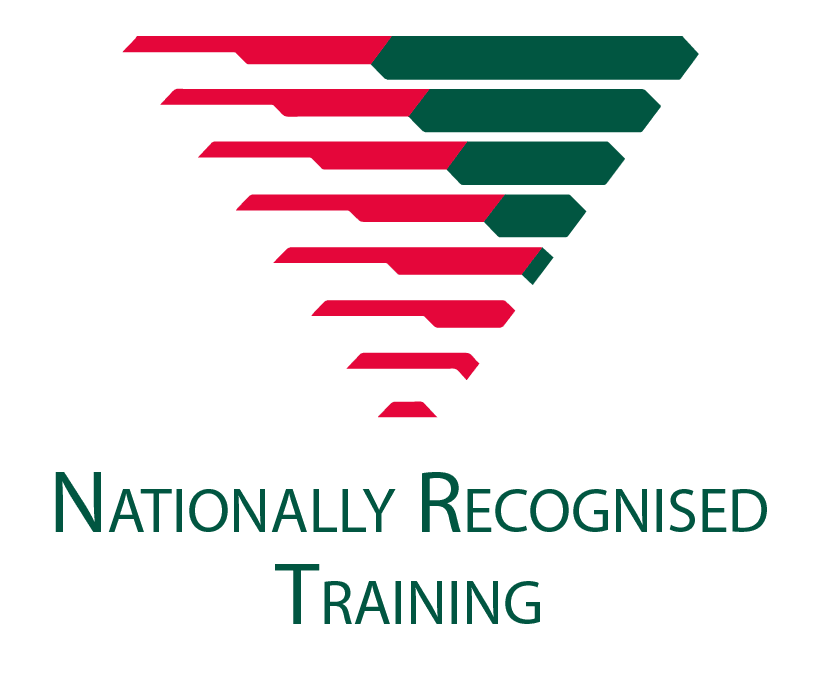PMB30121 Certificate III in Polymer Processing

Industrial Conveyor Belt Technician work involves operation of vulcanisers, belt winders and roller machines (for recoating pulleys) and repair and servicing of conveyor belts of all types and sizes. Duties involve validating raw material, recommending splice lengths, and monitoring pressure and temperature. Some Belt Splicers specialise in steel cord and fabric splicing. They can also be involved in the removal and re-installation of reconditioned belts onto conveyor systems.
The Certificate III course contains units of competency that are also recognised in Certificate IV in Polymer Technology qualification. This provides a pathway for further study and skills and knowledge development.
This course has been developed in conjunction with one of the world leaders in conveyor maintenance services and components and provides the participant with the highest level of skills that enable them to be successful in the workplace.
Where this course is delivered as part of a company wide delivery, the units may be contextualised (within the packaging rules) to add additional value to the employer.
The Certificate III in Polymer Processing is intended for advanced operators who use production equipment to directly produce products. They would undertake more advanced operations, typically including start-up and shutdown in accordance with the operating procedures, and would apply their knowledge to anticipate problems. They would be expected to solve a range of foreseen and unforeseen problems, using product and process knowledge to develop solutions to problems which do not have a known solution, or a solution recorded in the procedures.
Certificate III also contains units of competency which are the beginning of the polymer technician stream and which contribute to a deeper knowledge of polymers and processes.
Candidates must consider the following:
This qualification may be accessed by direct entry, or entry may also be gained through PMB20121 Certificate II in Polymer Processing. REMA TIP TOP employees are offered the opportunity to undertake this course through traineeship or apprenticeship arrangements according to individual state requirements.
Further qualification pathways from this qualification include PMB40121 certificate IV in Polymer Technology.
Assessments will include:
Ongoing assessment in the classroom and on-the-job using a combination of the methods listed below:
Typically the learning would be completed over 1200 – 2400 hours.
Participants may complete the program earlier than these timelines through achievement of RPL or Credit Transfer.
Total number of units = 21 units:
2 units from Group A
a minimum of 6 from any units listed in Group E
The remaining may be selected from the other electives listed.
MEM16006 – Organise and communicate information
MEM13015 Work safely and effectively in manufacturing and engineering
PMBPROD243E Cut rubber materials
PMBPROD265E Operate portable vulcanising equipment
PMBPROD367E Remove and replace conveyor belts
PMBPROD368E Repair conveyor belt carcass
PMBPROD369E Repair conveyor belt covers
PMBPROD376E Splice steel cord conveyor belts
PMBPROD377E Splice fabric ply conveyor belts
PMBPROD378ESplice solid woven conveyor belts
MEM12023 Perform engineering measurements
MEM12024 Perform computations
MEM13003 Work safety with industrial chemicals and materials
PMBPROD241E Install rubber lining or pulley lagging using lay-up techniques
MEM11011 Undertake manual handling
MSMENV272 Participate in environmentally sustainable work practices
MSMOPS244 Lay out and cut materials
MSMOPS363 Organise on site Work
MSMSUP106 Work in a team
MSMSUP102 Communicate in the workplace
PMBHAN103E Shift Materials safely by hand
PMBPREP205E Assemble materials and equipment for production
PMBPROD209E Operate cable winding equipment
MSMWHS217 – Gas test atmospheres (CT ONLY)
RIIWHS202E – Enter and work in confined spaces (CT ONLY)
HLTAID011 – Provide First Aid (CT ONLY)
HLTAID009 – Provide cardiopulmonary resuscitation (CT ONLY)
MEM15004 – Perform inspection
MEM18001 – Use hand tools
MEM18002 – Use power tools/handheld operations
All fees associated with REMA TIP TOP Industrie Pty Ltd employees undertaking this qualification are internal fees only and are included in the employee’s remuneration package and incentives.
For external students wishing to undertake this qualification, the fee is $5000.
To be eligible to receive the PMB30121 Certificate III in Polymer Processing, issued by Rema Tip Top Academy, participants must successfully complete all core units and elective units as specified in the PMB – Plastics, Rubber and Cable making Training Package – Release 1.0
Participants who do not successfully complete all the requirements for the qualification will be issued with a Statement of Attainment for the units that have been successfully completed and assessed.
If you are interested in undertaking this qualification, please contact us for a pre-enrolment interview.
Rema Tip Top Academy is responsible for providing quality training and assessment in compliance with the Standards for RTOs 2015 .
Nationally endorsed qualifications, skill sets, and units of competency are recognised and portable across the country—regardless of where they were issued. If you feel that you have previous skill, knowledge or demonstrated competency, and can provide suitable evidence, contact RTT Academy to discuss RPL and/or Credit Transfer.